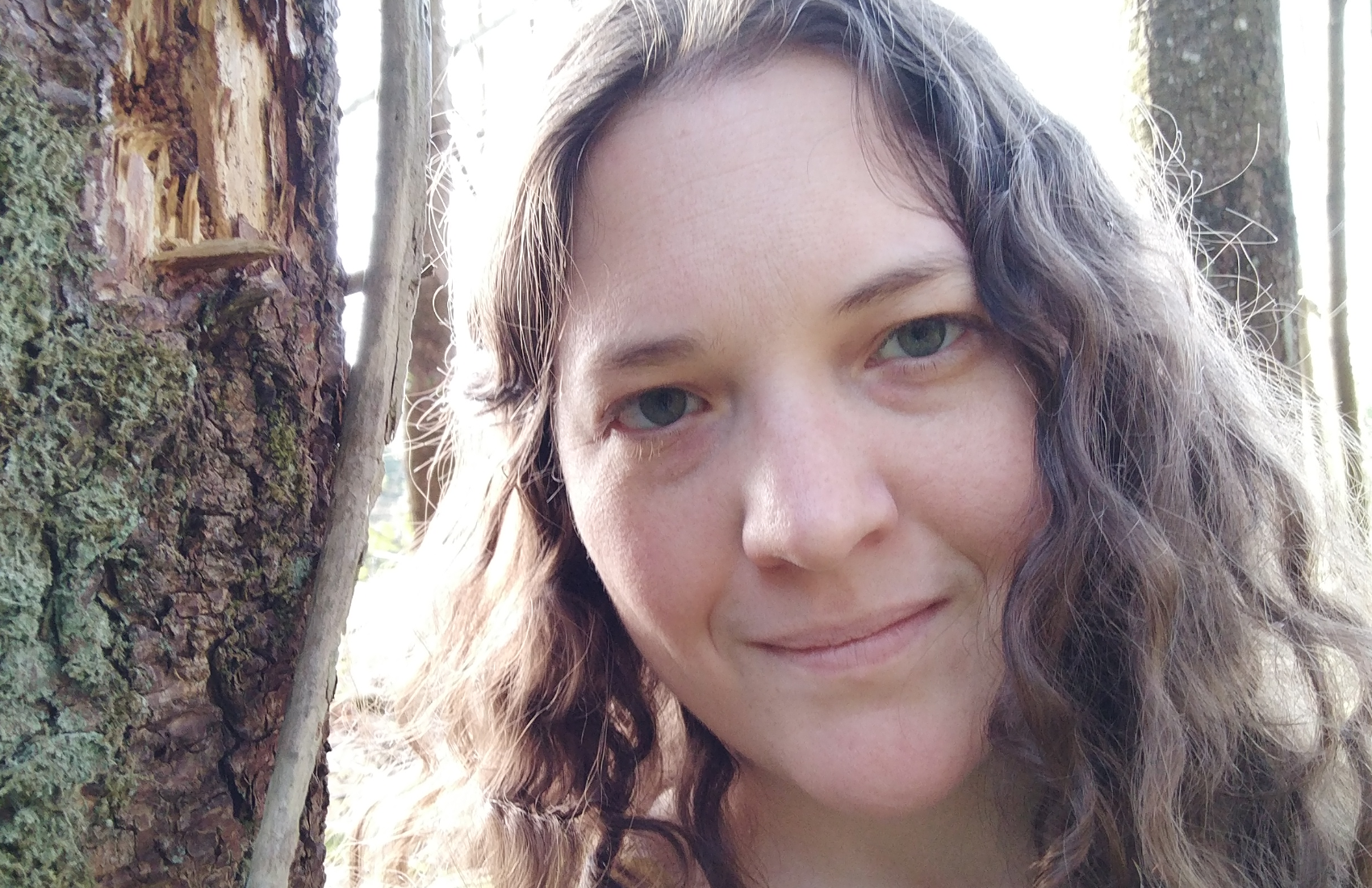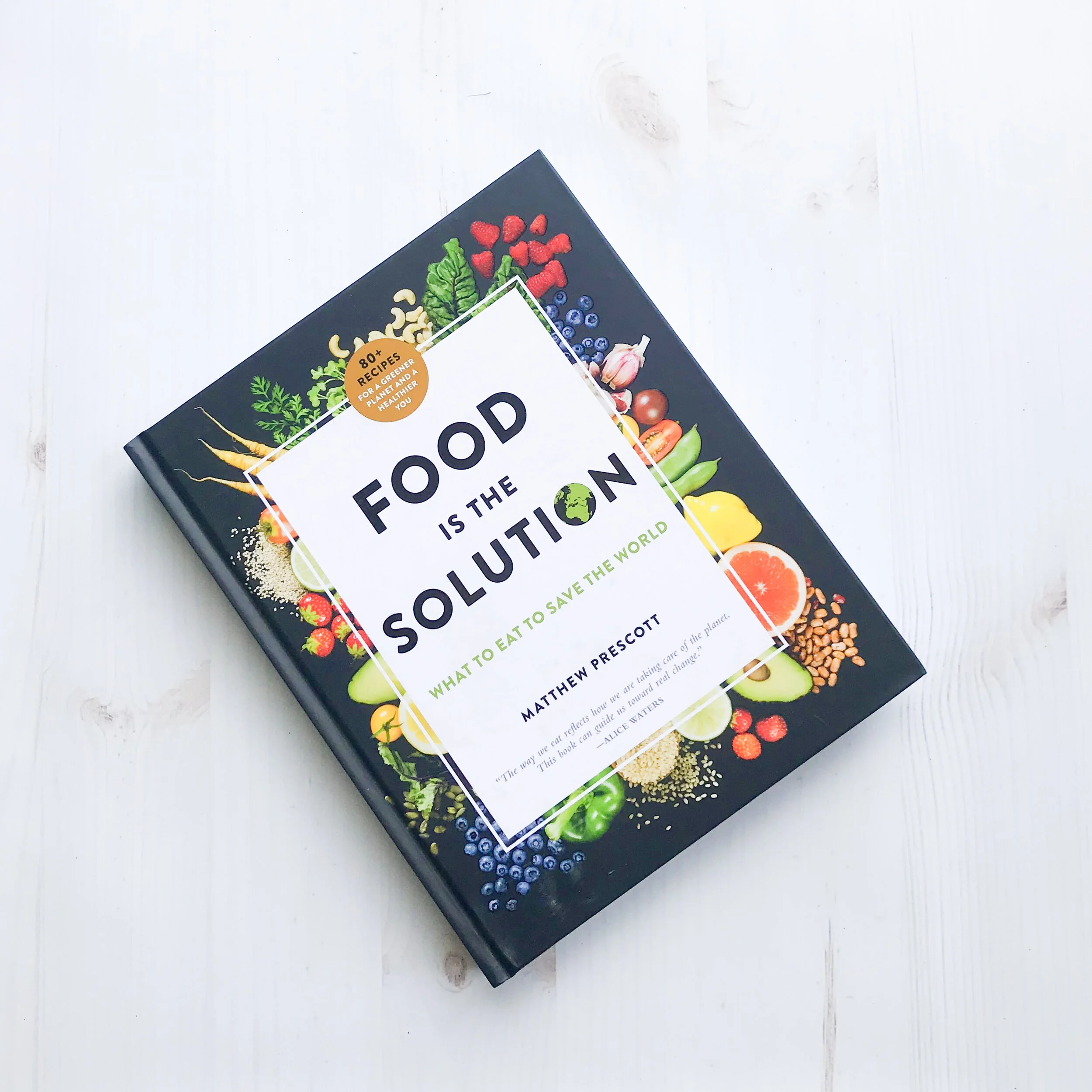A Conversation with Dr. Serina Patterson From Earthlove
When my sister, Lemon, showed up with a subscription box filled to the brim with ethical + ecofriendly products, I was really rather impressed. Each item was so lovingly and responsibly curated.
Earthlove’s subscription box was so lovely, Lemon even wrote an entire post highlighting each item (you can read that post here) and I ended up reaching out to Earthlove’s Founder, Dr. Serina Patterson, to learn more about the challenges—and strengths—behind starting an eco-concious subscription service.
THE Q&A
HH: How did you decide to leave academia (you have a PhD in medieval literature) and start Earthlove instead? Why did you decide to do it?
SP: The idea for Earthlove began while completing my PhD in the spring of 2017. I was finishing up my dissertation, feeling fairly unexcited about the dwindling academic job market, and reading numerous articles in the news about the climate crisis. I wanted to help and was transitioning to a more plant-based and zero waste lifestyle, but wasn't sure how to go about reaching others. By chance, I happened to take an excellent online nature connection course run by the Earth-Based Institute in Colorado and had a vision to create a space that encourages us to rekindle a relationship with the natural world, live sustainably with nature, and cultivate relationships with the land that nourishes us. From there, Earthlove manifested as the best solution to connect people around the world to knowledge, inspiration, support, and products from eco-conscious businesses trying to make the world a better place. We remain the only subscription box on the market that featured earth-friendly businesses and products that are zero waste, cruelty-free, organic, natural ingredients, and vegan/began.
HH: Your subscription boxes are uniquely seasonally-based. How does that timeline influence how you curate your beegan/vegan offering?
SP: Since Earthlove is a nature-based box, it was a natural decision to offer them seasonally rather than monthly and focus on plants and items that could help live sustainably that season. For the summer box, we featured a reef-safe sunscreen from the amazing company All Good that was infused with calendula flowers – always a summer favourite for people and pollinators! The seasonal boxes also give me enough time to manage my 20-acre farm without sacrificing quality or dedication to the cause. We also curate limited edition boxes centered around a theme so if Earthlovers who want more than four boxes, they can opt in to receive these ones as well.
HH: Where and when do you find the inspiration behind Earthlove's Themed Guide?
SP: I draw inspiration from the land itself. Like a river shaping stones as it runs along its course, the season reveals itself to me as we draw closer to the shipping date, often while exploring the woods and creeks around the farm. We’d like to keep expanding the mini magazine with articles, DIY, brand stories, nature facts, and other inspirational information. As one of my members mentioned recently, “this isn’t just a box of stuff. You need to spend some time with this box to gain its wisdom.” We then select the items and reach out to companies who fit the season or they find us and we talk about which curation or season would fit their products best so that the boxes feel coherent.
HH: About two years ago you moved to a 20-acre farm in Washington. Can you tell me a bit more about that?
SP: We started two hives in the backyard of our first house and fell in love with working alongside our honeybees. Soon after defending my PhD, I was figuring out what I wanted to do post-academia. I had wanted to expand my apiary from my one-acre lot and begin growing a larger assortment of herbs, fruit, and vegetables as well as teach in more informal spaces. We were not planning to move – a month or so before we even saw the farm, we were convinced we’d be in our house for awhile longer and recycled all of our moving boxes we had kept for five years! Then one day I was browsing Facebook and came across a local farm for sale by the owners. It had been on the market for a long time with little interest. The previous farmers had retired, so the land needed a great deal of TLC and restoration. We saw the place, fell in love, and the rest is history!
Jes and I have now been at the farm for just over a year and a half and I’m grateful everyday for the honour of living in such a beautiful place. Working with the land has given me a new appreciation for all of the plants and animals who share this place with us, from our deer and hawk friends to our many lizards, snakes, dragonflies, and bumblebees who enjoy our thriving ecosystem. Our adopted chickens are spoiled and happy and we love watching them run around chasing bugs. We’ve now expanded our bee yard to twelve hives, built a new greenhouse, renovated the trailer, and converted a slaughterhouse into a cute guestroom.
Our local community here in the Snoqualmie Valley have been huge supporters of the farm as we’ve settled in to our new place. Our honey is a beloved ingredient of Chef Sean Langan at his restaurant flavour bistro in Duvall, WA. I’ve given talks about bees at Studio Beju in Duvall and just gave my first official farm tour this month to a group of aspiring culinary students from the Lake Washington Institute of Technology. We still have a long way to go, but this project is very much about the journey and we are elated to be sharing it with our friends, wildlife, and local community.
HH: Are Spirit Wild Farm products ever in your Earthlove boxes? How has your journey owning a farm influenced Earthlove?
SP: Absolutely! In our debut box, I crafted a floral smudgestick from wildcrafted flowers and herbs growing on my farm. Our upcoming autumn box marks one year since we launched Earthlove and I’m in the process of hand dying a set of three organic cotton mesh produce bags for all of our Earthlove members from our native plants here: plantain, calendula, mullein, blackberries, and more. I also designed the whale beach tote that was featured in the summer box and are planning to add more items from Earthlove and the farm in future boxes!
Although the farm and subscription box have different focuses, I see Earthlove as an outward extension of our sustainable and holistic living principles that we practice at the farm. As our post-industrial society continues to push us toward longer hours in cubicles, offices, fluorescent lights, and time spent in front of a computer, we know deep down that this isn’t how we are meant to live. Both Spirit Wild Farm and Earthlove aim to change this habit by promoting holistic living and thinking and encouraging a connection with the natural world. By living sustainably, we can become re-acquainted with the land, live with her rhythms, and help conserve the earth for future generations.
HH: What has surprised you most so far about Earthlove?
SP: I’ve been most surprised about the passion and enthusiasm from the Earthlover community. When you put something new into the world, you never quite know how it will be received. I have met so many amazing people, companies, and non-profits who share our vision for a better world and can collectively work together to make a true impact.
HH: If you met someone who wanted to live a more sustainable, nature-enriched life—what insight would you share with her?
SP: I’d recommend starting slowly if you want to live a more sustainable life. I talk to so many people who want to do everything at once and become frustrated and quit. It takes 21-90 days to form a habit. Start with one action you can do easily and consistently for a month such as bringing totes to the grocery store, using a reusable coffee cup, or tending a small herb garden. Once the activity becomes a normal part of your life, add another activity. You don’t need to go out and spend a bunch of money on zero waste and plastic-free swaps. Start with what you have and replace as necessary (e.g., wrap cutlery in a tea towel or napkin). Keep slowly adding new habits as you become more comfortable. There WILL be days where you forget a tote or use a plastic straw. Be gentle with yourself. As Tony Horton says, “ do your best and forget the rest!” You are an amazing person for trying to live better. Keep an open mind, make changes, and become a shining example for others!
What was it like for Lemon to get her second Earthlove box? Here’s a few photos she took highlighting some of her favorite items!
This Food Is the Solution book was written by Matthew Prescott (Senior Food Policy Director for the Humane Society) is pretty neat. It’s one part recipes, one part infographics, and one part essays/articles. All of it comes together to help you incorporate more plants (and less meat) into your diet.
This botanical product bag (100% organic cotton, of course) was hand dyed by Patterson herself. The gorgeous porpoise-gray color was made from the wildcrafted plants growing at Spirit Wild Farm.
This Soul Much vegan chocolate chip cookie is packaged in a bag made from plant cellulose instead of plastic. The founders, Kristian and Reyanne, started Soul Much to cut down on “overstocked” food waste in the restaurant industry. Each cookie diverts one full pound of food waste from a landfill!
This wildcrafted Elderberry Elixer from Earthley is just in time for fall. It is unsweetened and ready to use a with just few drops every day in your water.
Want to subscribe to Earthlove and pamper yourself with some eco-chic goodness too? Here’s a handy link to place your own order.
Cheers,
Hazel







